Unfortunately, families and individuals are often only accessing these services when they are in crisis point.
We have been operating since 2017 and know that vulnerable people are often treated differently and unfairly sometimes due to lack of resources but also often due to cultural norms and institutional prejudices within the big health and social care, educational and criminal justice institutions that goes unchallenged.
We have a number of case studies that explain the seriousness of situations where people are unfairly represented or treated which are resulting in real people out there in Manchester who are not attending school because of breakdown of communications following serious incidents that have not been dealt with, children and parents attempting to take their own lives, families who are in grave danger because their home is in such poor condition, young people facing hate crime on a daily basis and not been taken seriously alongside numerous people facing mental health crisis because they are stuck in a system that does not enable progression simply because they are treated as a ‘case’ rather than as a human that needs support across a few sectors but those sectors do not talk to each other resulting in families falling through gaps.
Experience tells us that individuals within these statutory services are reluctant to be faced with evidence of clear breaches of duties of care, so there is no acknowledgment of a problem, animosity into dealing with the root causes of issues and reluctance to collaborate. This is difficult to hear but it is happening on a daily basis and anyone who is seen to be challenging the system is labelled as being ‘difficult’.
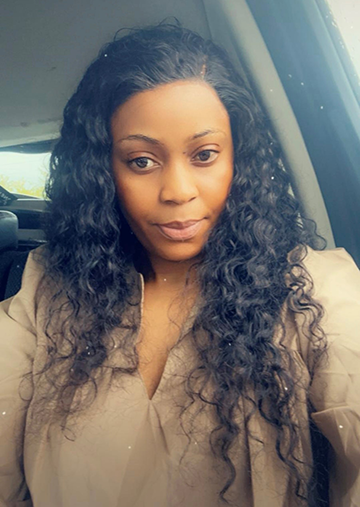
Mama Hawa Camara
My name is Mama Hawa Camara I’m a single mother with 4 children I’m a career and support worker working for Manchester City Council. In 2017 I moved from the Netherlands to the Uk when I arrived I had no support from....
Continue Reading..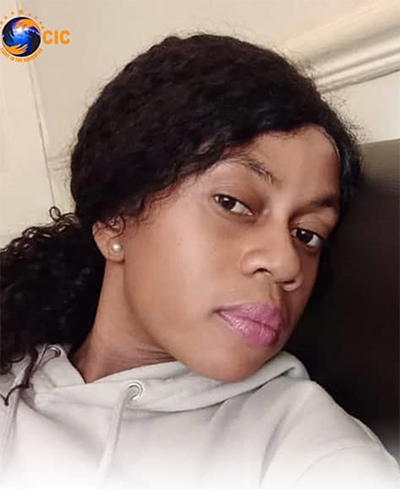
Adele Bomeme
Shalom to you all, my name is Adelle Bomeme, and I met Beatrice many years ago. Beatrice is my giving daughter sent by God, she is a gift for this world. She started this project of LITD in front of my eyes and she was struggling herself....
Continue Reading..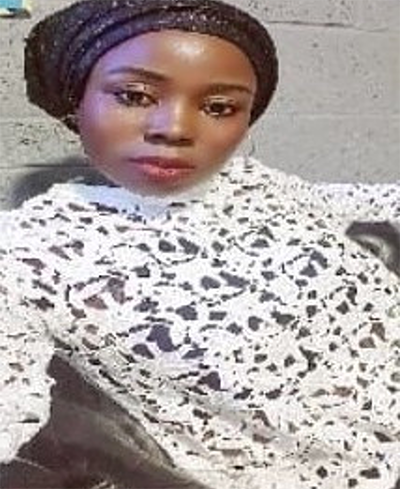
Christelle McDuthu
When I arrived in the UK, I didn't know that many people, and it was bit lonely. My head was full of ambitions. I spoke to Beatrice and told her about my plan to become an artist-designer at that time. I was studying English (ESOL)....
Continue Reading..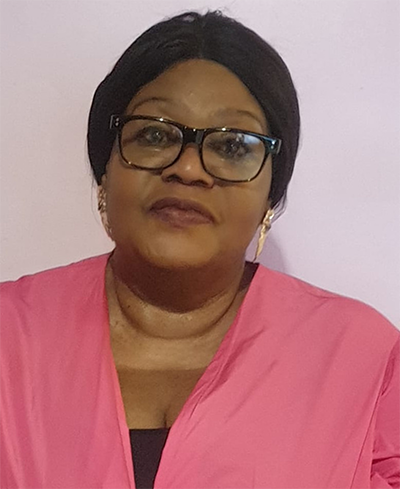
Liliane Yamdjeu
Hello Amazing People, my name is Liliane Yamdjeu from Manchester, I am a student and a mother of 4 children. I am testifying how the project LITD has impacted my life as a volunteer when I started and lots of changes in different way ....
Continue Reading..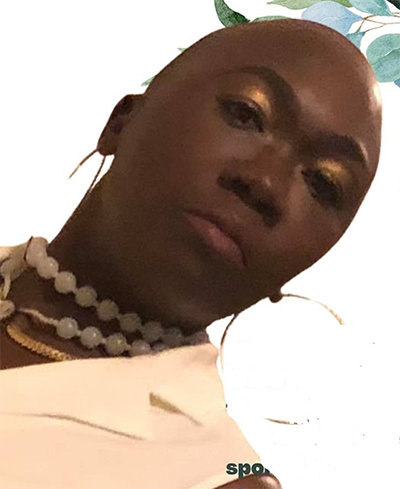
Shamime
I first met Beatrice over a decade ago, when I first arrived to the UK. I had a family that turned my life upside-down. When new reached to Beatrice, she contacted me straight away. Beatrice introduced me to the LITD project and....
Continue Reading..LITD CIC works with vulnerable people, largely from Global Majority communities who are experiencing poor mental and physical health due to trauma, oppression and poverty.
They are valued by society by their weaknesses and not their strengths. LITD CIC offers a strength based recovery plan. The strengths and needs of the people we work with is untapped.
These are the most vulnerable people in society, with lived experience of overcoming great challenges but have relapsed. Many of them come from professional backgrounds and have great practical skills to offer. However, these people are oppressed, silenced and have lost their confidence.
The purpose of the project is to aid recovery by tapping into their existing skills that enables them to move forward. However, while doing this, we recognise that they face many challenges and hardships including poverty, oppression, racism and personal and family mental and physical health challenges.